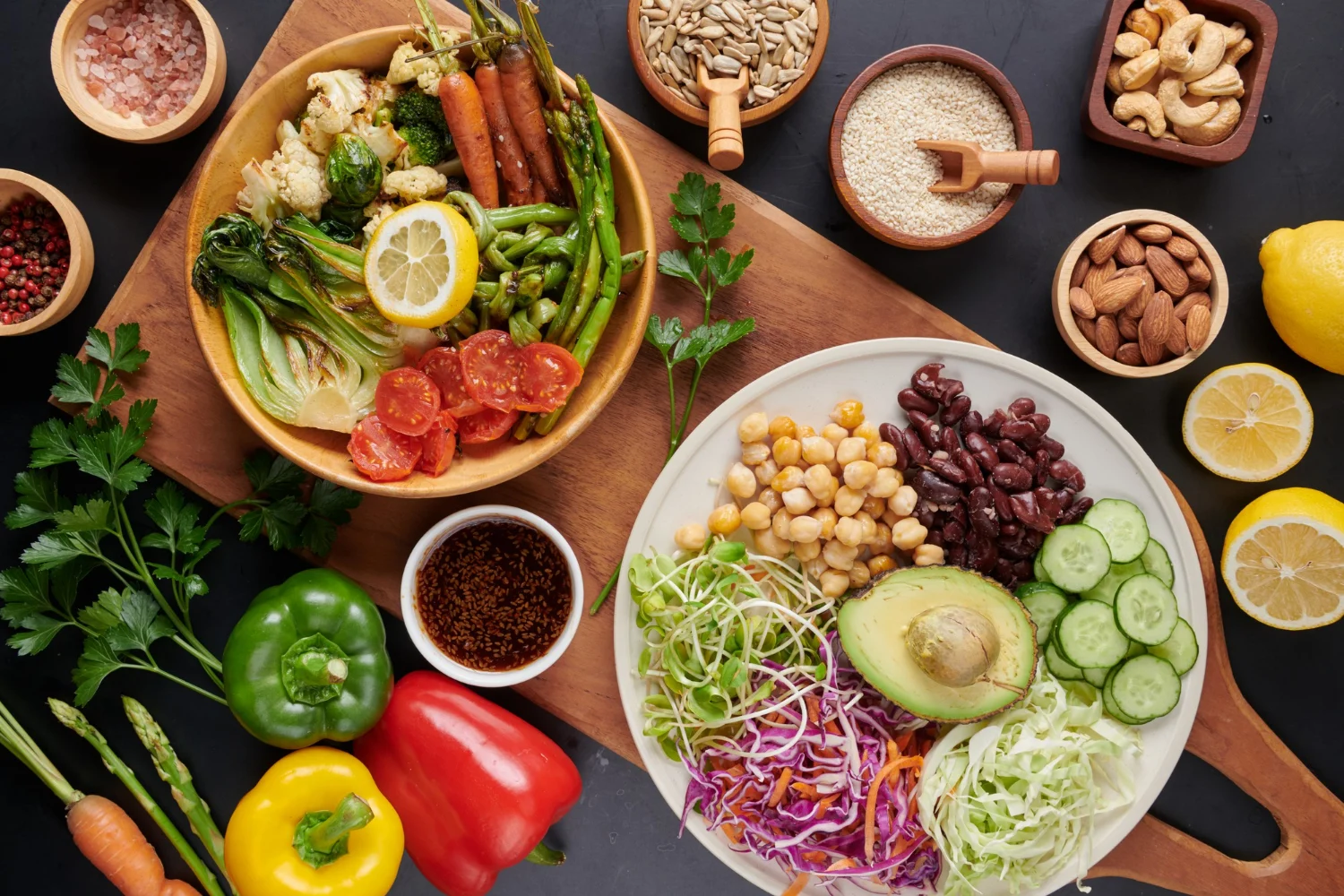What foods should I eat or avoid during the monsoon to stay healthy?
Category: General medicine
The rainy season brings welcome relief from the heat, but it also brings an increased risk of infections, digestive troubles, and seasonal illnesses like cold, cough, and fever. During monsoon, our body’s immunity can weaken, and the humid environment encourages bacterial growth. This makes it important to be mindful of what we eat and drink. Choosing the right foods will help improve digestion, support immunity, and keep seasonal diseases at bay. In this blog, we’ll discuss in detail which foods you should include, which to avoid, and how to keep yourself healthy throughout the monsoon.
Foods to Eat During Monsoon
- Choose light, freshly prepared, and easily digestible foods to avoid strain on the stomach.
- Include seasonal fruits like apples, pears, bananas, pomegranates, and cherries for vitamins, antioxidants, and immunity.
- Eat seasonal vegetables such as bottle gourd (lauki), ridge gourd (turai), bitter gourd (karela), and ash gourd (petha) for easy digestion.
- Add immunity-boosting spices and herbs like ginger, turmeric, garlic, and tulsi to your meals.
Prefer simple meals like dal, steamed rice, khichdi, and vegetable soups for balanced nutrition.
Foods to Avoid During Monsoon
- Avoid leafy greens like spinach, methi, and cabbage during heavy rains due to contamination risk.
- Stay away from street food like pani puri, chaat, and cut fruits as they may be prepared with unhygienic water.
- Limit oily and fried snacks such as pakoras, samosas, and bhajiyas to prevent acidity and bloating.
- Reduce seafood intake in monsoon as contamination risk is higher; choose only fresh, well-cooked fish if necessary.
- Avoid overly spicy food which can irritate the stomach and affect digestion.
Healthy Drinks for the Rainy Season
Even though we don’t feel as thirsty during monsoon, staying hydrated is essential for good health. Warm and safe drinks are the best choice. Herbal teas made with tulsi, ginger, cinnamon, or lemongrass not only keep you warm but also help prevent throat infections. A glass of warm lemon water with honey in the morning boosts immunity. Fresh soups made from seasonal vegetables or pulses are also nourishing. Always drink boiled or filtered water to prevent waterborne diseases. Avoid chilled beverages, raw sugarcane juice, or iced drinks sold outside as they can disturb digestion and increase the risk of infections.
Tips for Eating Safe During Monsoon
Food safety is just as important as food selection during this season. Wash fruits and vegetables thoroughly under running water to remove mud and germs. Always cook food fresh and consume it immediately avoid reheating food multiple times as it can promote bacterial growth. Use only boiled or filtered water for cooking and drinking. Store dry ingredients like grains, spices, and pulses in airtight containers to avoid moisture spoilage. Keep your kitchen clean and dry to prevent fungal growth. Cover food properly to protect it from flies and insects. These small precautions go a long way in keeping you safe from seasonal illnesses.
Boosting Immunity in the Rainy Season
A strong immune system is your best defense during the monsoon. Include vitamin C-rich foods such as oranges, amla, guava, and lemons to fight infections. Nuts and dry fruits like almonds, walnuts, and dates provide healthy fats and essential nutrients that support immunity. Herbal remedies like giloy juice, tulsi leaves, and turmeric milk are natural immunity boosters. A balanced diet, proper sleep, light exercise, and stress management are equally important for overall health. By keeping your immunity strong, you reduce the chances of catching colds, coughs, stomach infections, and other monsoon-related illnesses.
Conclusion
The monsoon can be a season of good health if you choose your food wisely. By including fresh, seasonal produce, immunity-boosting spices, and safe home-cooked meals while avoiding unhygienic or heavy foods, you can protect yourself from common rainy-season illnesses. Clean water, proper food hygiene, and a strong immune system are your best defenses. With mindful eating and small daily precautions, you can enjoy the rains while staying healthy and energized.
FAQs
1. Can I eat mangoes during the monsoon?
Yes, you can eat mangoes in moderation, provided they are fresh, properly washed, and stored. Overripe or unhygienically stored mangoes can lead to stomach discomfort.
2. Is it safe to drink milk in the rainy season?
Yes, milk is safe during monsoon as long as it is boiled before consumption. Adding a pinch of turmeric can further improve its health benefits and prevent infections.
3. Should I avoid seafood in monsoon?
It’s best to limit seafood during monsoon because contamination is higher in fishing waters. If you do consume it, ensure it is fresh and cooked thoroughly.
4. Are pakoras bad for health in monsoon?
Eating pakoras occasionally is fine, but frequent consumption can cause acidity, indigestion, and weight gain. Pair them with a light meal to balance the heaviness.
5. Can I eat curd during monsoon?
Yes, curd is good for digestion but should be consumed in small amounts. Avoid eating curd at night, as it may cause throat irritation in humid weather.
6. How to avoid waterborne diseases during monsoon?
Always drink boiled or filtered water, avoid ice from outside, and ensure food is cooked in clean conditions. This helps prevent infections like typhoid and diarrhea.
7. What herbal teas are good for monsoon?
Tulsi, ginger, cinnamon, and lemongrass teas are excellent choices. They keep you warm, improve digestion, and protect against seasonal colds and coughs.
8. Can I eat leafy vegetables during monsoon?
It’s better to avoid leafy greens during heavy rains due to the risk of contamination. If eating them, wash thoroughly and cook well before consumption.
9. Is street food safe in rainy season?
Street food during monsoon carries a higher risk of contamination. It’s best to enjoy freshly prepared home food to avoid digestive problems.
10. What fruits are best in monsoon?
Apples, pears, bananas, and pomegranates are ideal. These fruits are rich in nutrients, boost immunity, and are generally safe when washed properly.







